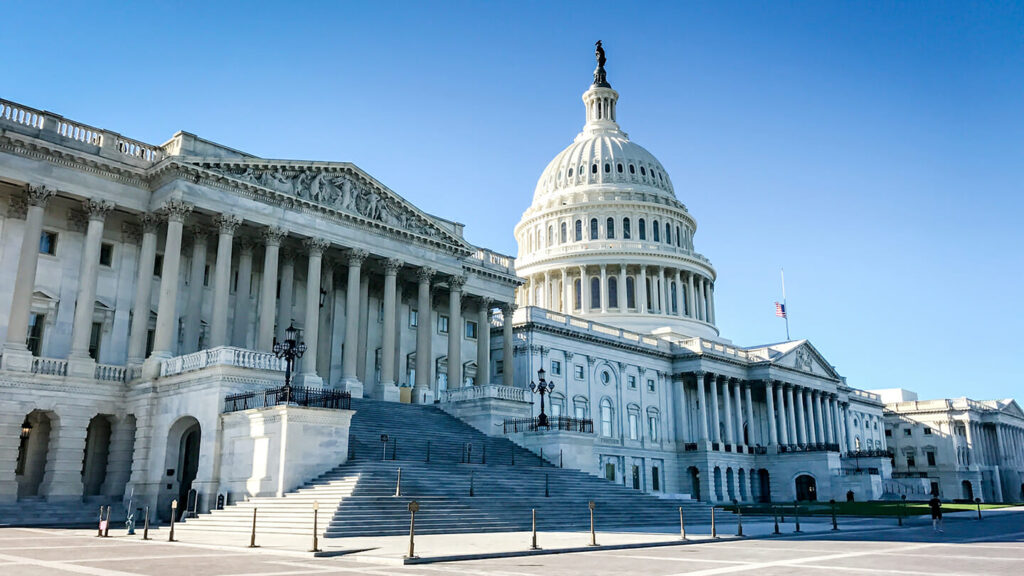

Senior care policy institute PHI recently threw its support behind the Home- and Community-Based Services Relief Act. LeadingAge is a supporter, too.
The legislation, recently introduced by Sen. Bob Casey (D-PA) would provide two years of ensured Medicaid funding for HCBS providers to “stabilize their HCBS service delivery networks, recruit and retain HCBS direct care workers, and meet the long-term service and support needs of people eligible for Medicaid home and community-based services,” according to the bill. This funding would come in the form of a 10% increase to the Federal Medical Assistance Percentage, or FMAP, for state Medicaid programs, equating to hundreds of millions of dollars on the table for HCBS programs, according to PHI.
But states lately have had a hard time generating funding for HCBS. In the last year, a majority of states have reported that some HCBS providers have had to close their doors permanently, according to PHI. And adding to this problem, there are hundreds of medical services that fall under the HCBS “umbrella,” according to the Medicaid and CHIP Payment and Access Commission. As a result, it can be hard for Medicaid programs to determine one rate that can provide for all the various HCBS providers.
Casey’s relief act would give states the flexibility to institute more generous rates, thereby providing for more of their HCBS programs. In a recent statement, PHI underscored the importance of securing this funding.
“The HCBS Relief Act comes at a time when the need for robust home and community-based services is more pressing than ever,” said Murray Devine, PHI’s director of communications, in a statement. “By providing dedicated funding to stabilize HCBS programs and support direct care workers, the legislation offers a pragmatic solution to a complex problem. It is an important step forward in addressing America’s caregiving crisis and ensuring that individuals can receive the care they need in the setting of their choice.”
But Devine noted that the bill does not represent the “end of the journey.” The FMAP boost would only last two years; funds from the American Rescue Plan Act, which have also helped support HCBS, are on track to expire by 2025.
“While the HCBS Relief Act is a significant step in the right direction,” Devine said, “longer-term investment is essential for the sustainability and expansion of HCBS.”
This article originally appeared on McKnights Home Care


